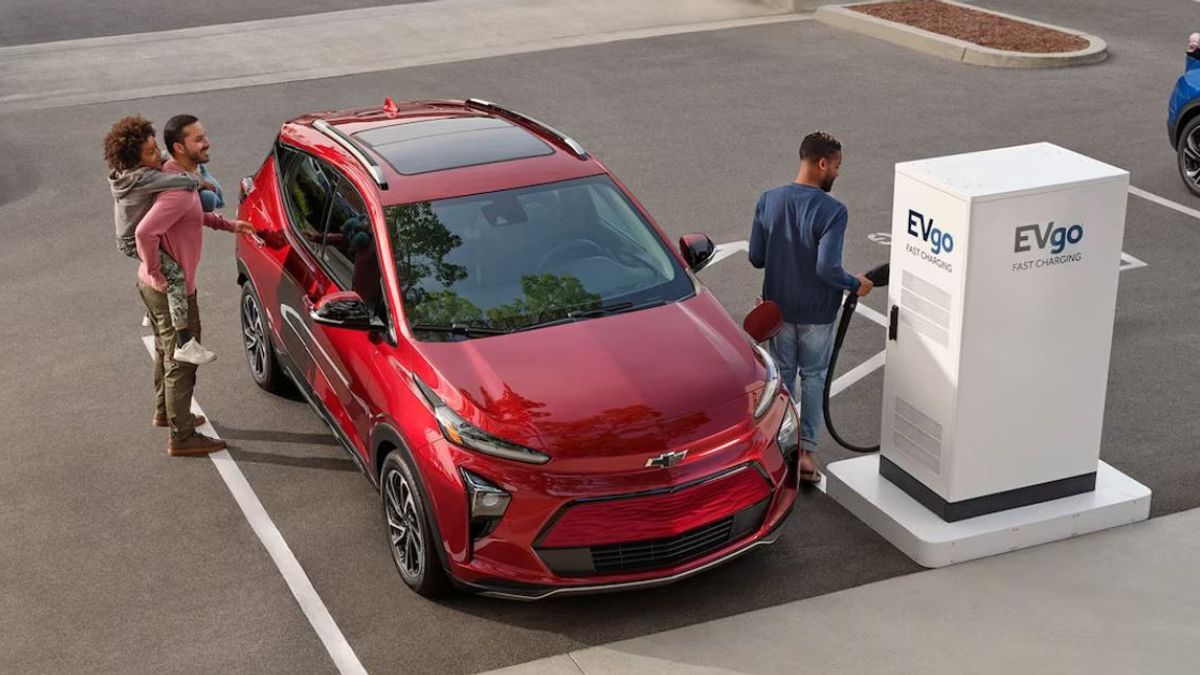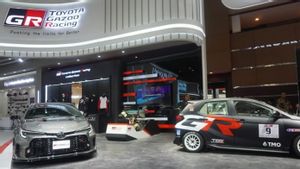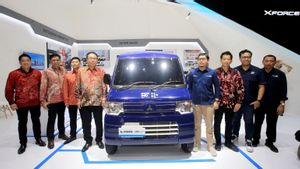
JAKARTA - Officials in the US automotive industry are starting to open up to the potential for cooperation to reduce the cost of developing electric cars. This step was taken in response to the increasingly aggressive electric vehicle manufacturers from China, which are starting to penetrate the European and American markets.
Pressure From BYD And Other Chinese Manufacturers
Reported by Reuters on February 15, CEO General Motors (GM), Mary Barra, expressed her openness to partnering with other parties, especially in the development of technology that is not directly related to consumers. The goal is to increase the efficiency of research and development and capital use. Barra made this statement at a conference organized by Wolfe Research.
The same thing was also expressed by Ford CEO Jim Farley in a separate presentation at the same conference. He stated that he was open to collaboration with other car manufacturers to reduce the cost of electric car batteries. This pressure is getting bigger as BYD and other Chinese electric car manufacturers offer more competitive prices. BYD is even reportedly considering the construction of an assembly plant in Mexico, which has the potential to become the base for exporting their electric cars to the United States.
Farley stressed that if Western automakers are unable to compete fairly with China, then 20 percent to 30 percent of their revenue is threatened in the next few years. To overcome this, Ford has formed a special team separate from the company's main engineering operations to design small and cheap electric cars that can compete with BYD's Seagull model. Ford is also reevaluating its battery strategy.
관련 항목:
Targeting Profitable Production
Farley instructed Ford engineers to develop new affordable and profitable electric cars since its first year of sales. If not, then the project will not continue.
Meanwhile, Barra stated that GM has the potential to break evenly for production of electric cars in North America in the second half of this year, on the condition that it reaches an annual production rate of 200,000 to 300,000 units and utilizes government subsidies through the Inflation Reduction Act. GM failed to achieve the production target of electric cars in North America by 2023 due to the problem of battery module production. However, Barra ensured that currently GM is working on tackling the problem, as well as correcting software errors that interfere with the launch of Chevrolet Blazer EV.
In China, Barra said that GM brands will focus on the premium segment and higher prices, given that Chinese automakers currently dominate more mainstream market segments.
The English, Chinese, Japanese, Arabic, and French versions are automatically generated by the AI. So there may still be inaccuracies in translating, please always see Indonesian as our main language. (system supported by DigitalSiber.id)















